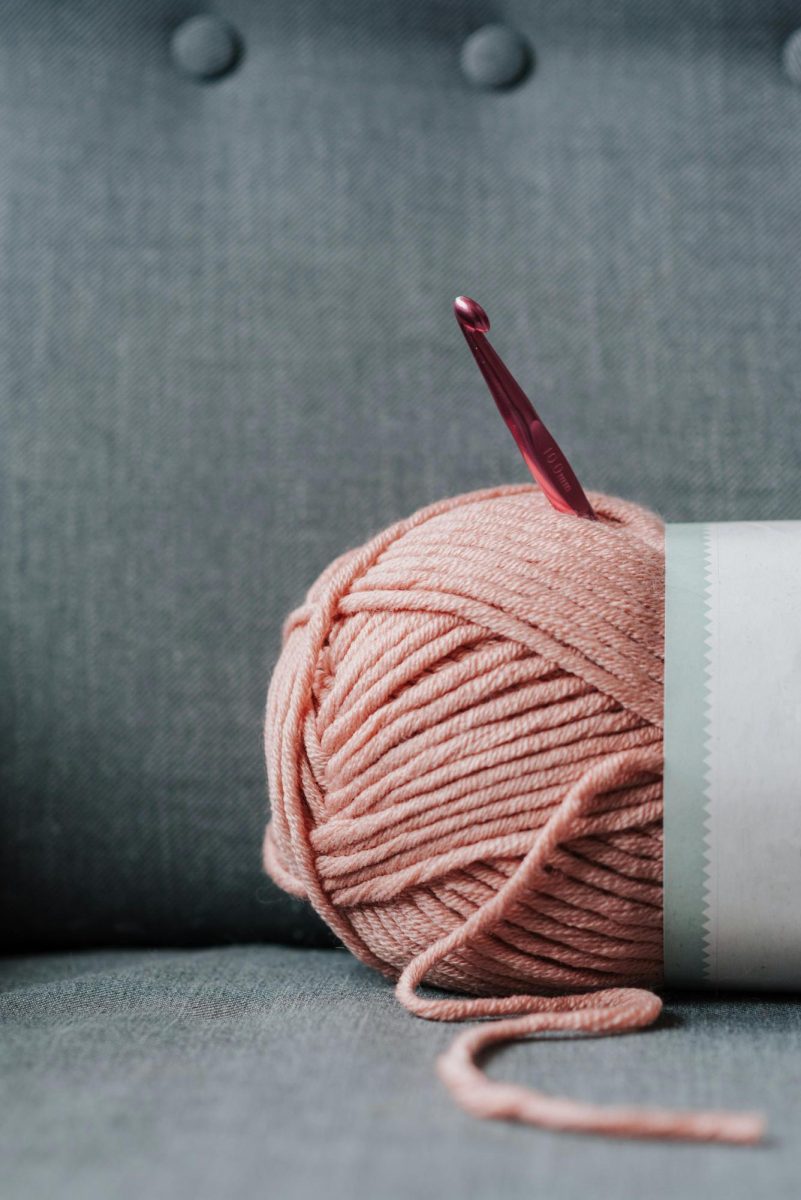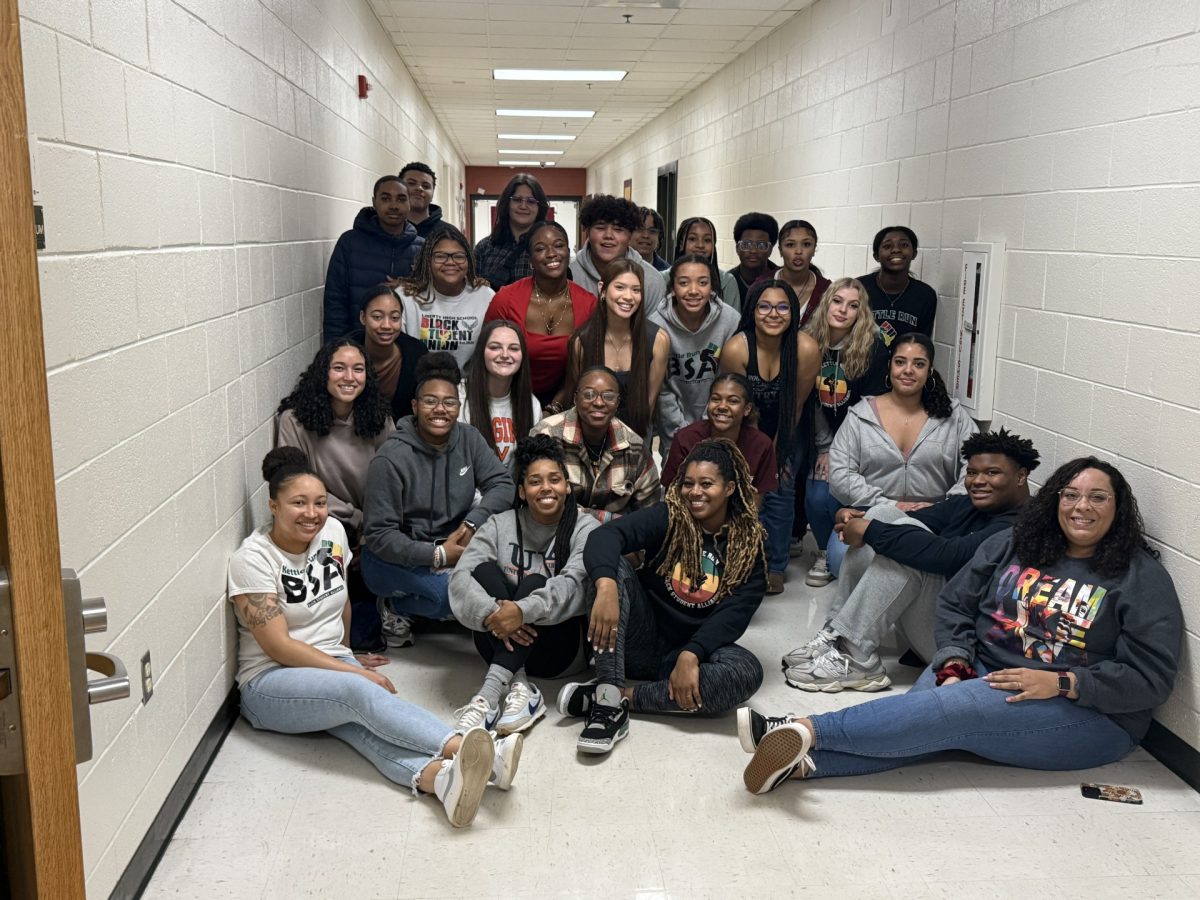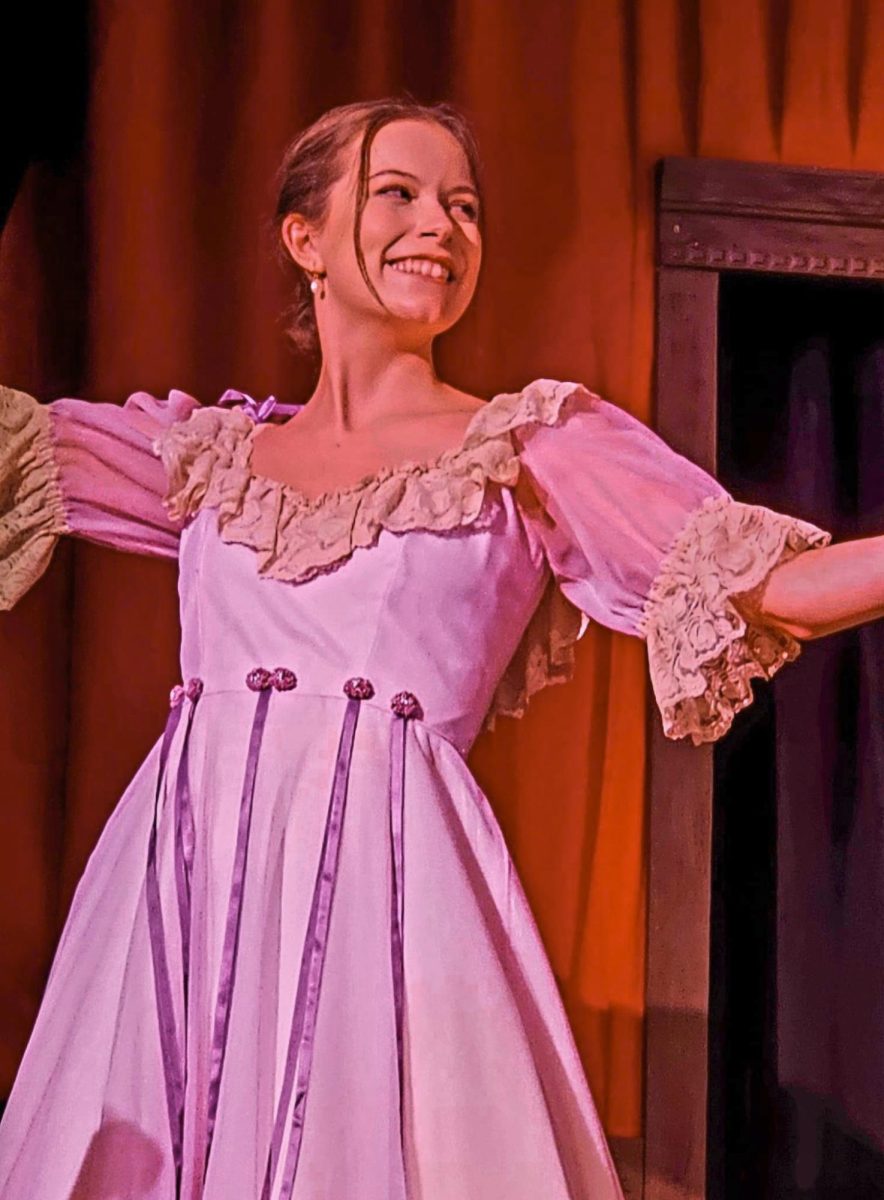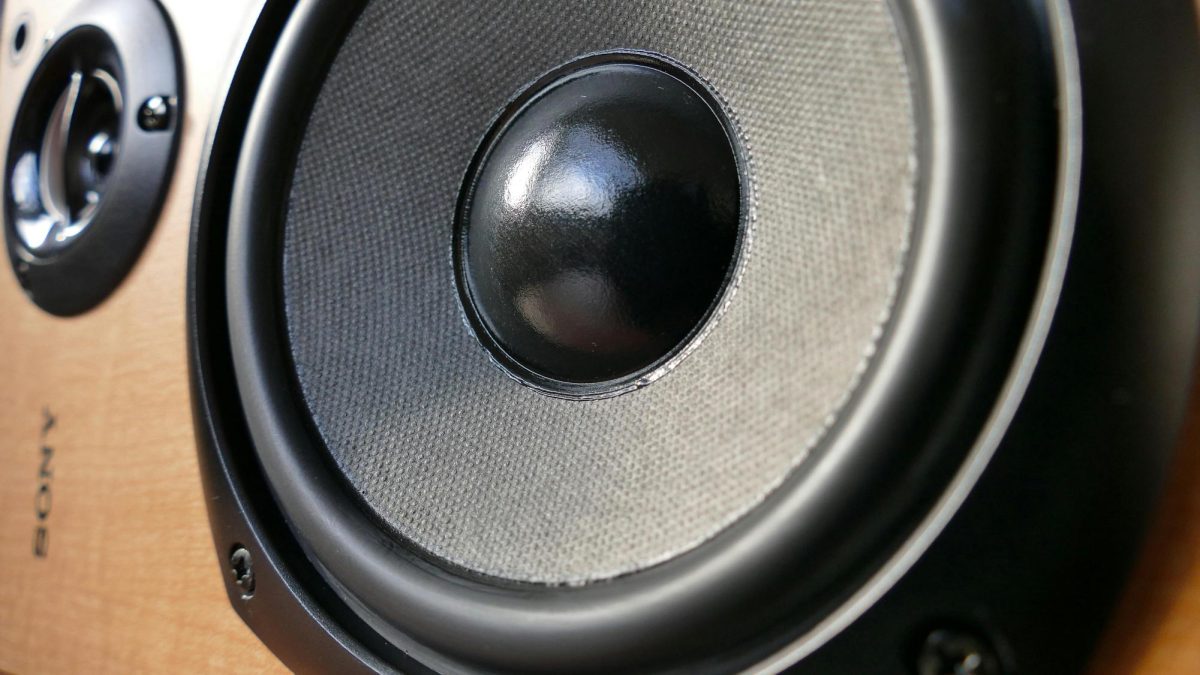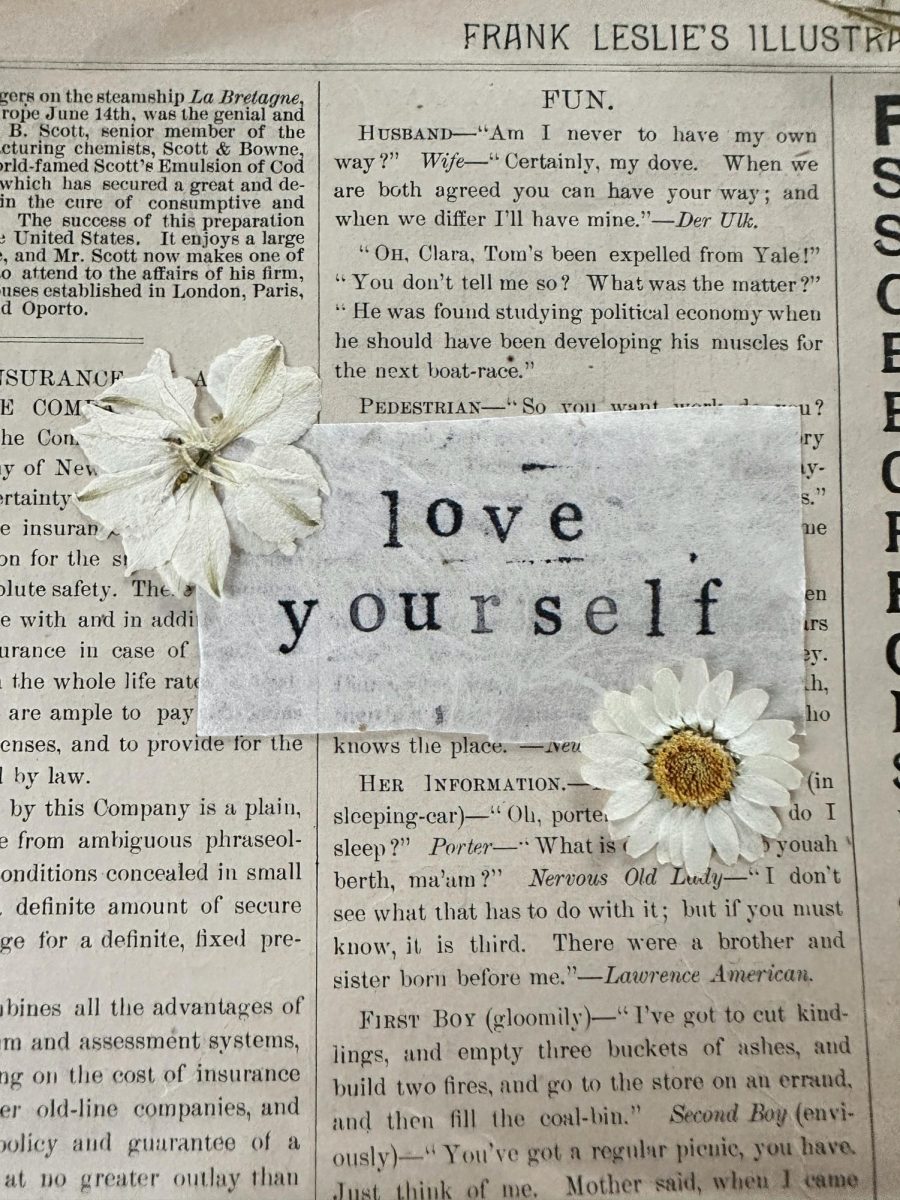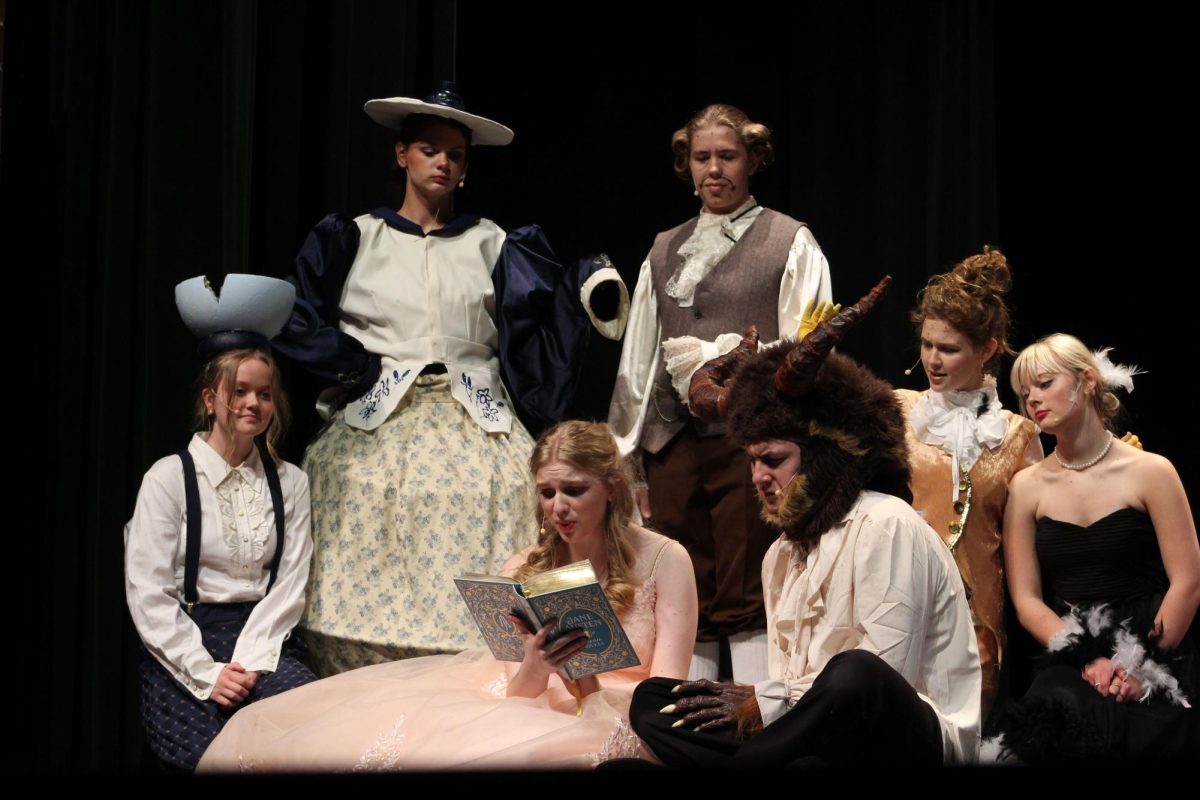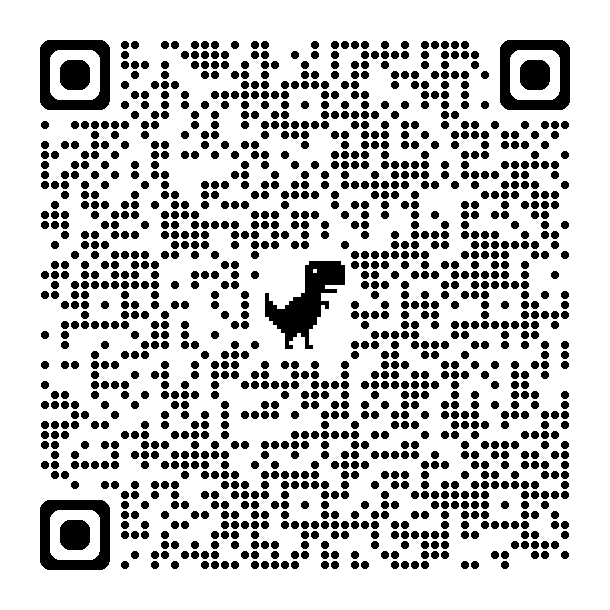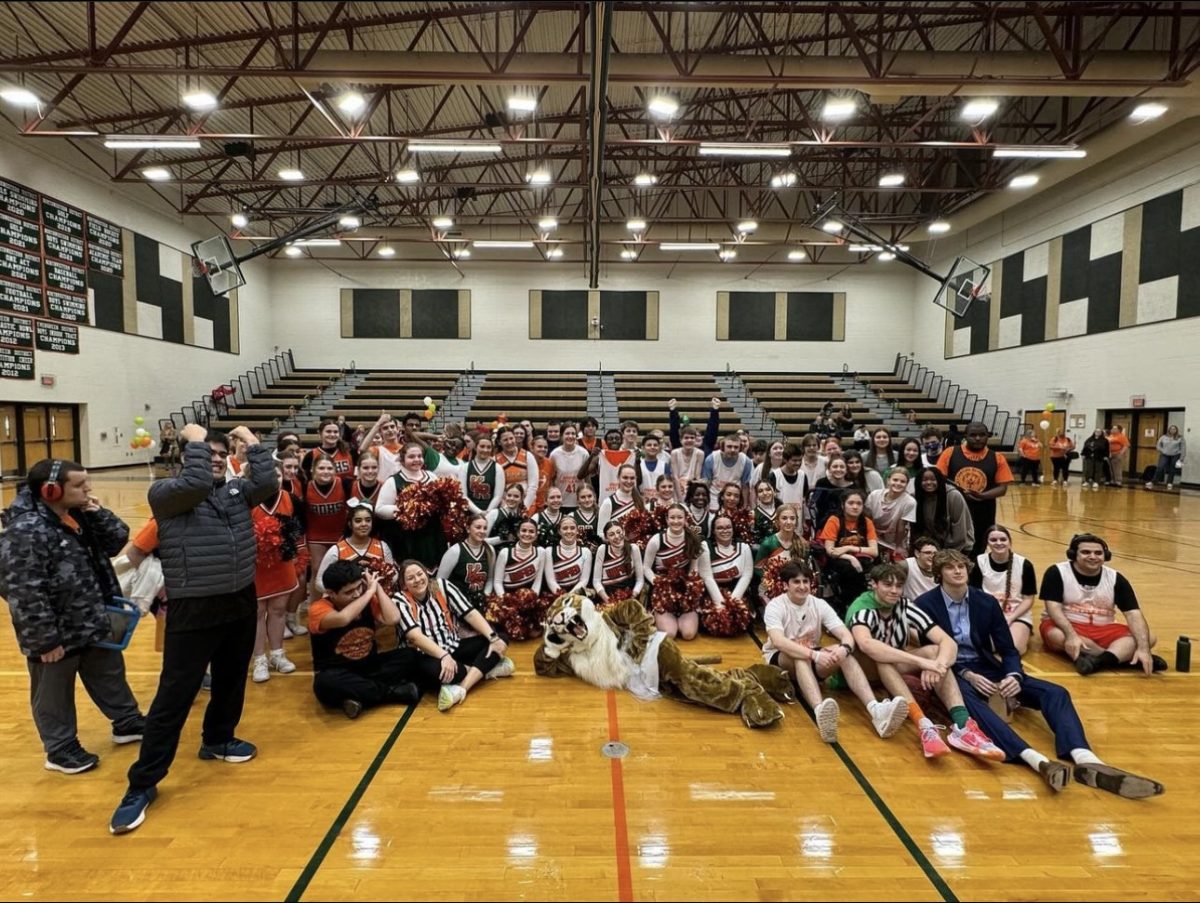Celebrating Halloween with Spooky Superstitions
Making the most of the more frightful holiday season
November 8, 2018
In the spirit of Halloween, superstitions and scary movies have everyone on the edge of their seats.
Almost everyone has some kind of superstition or belief that scares them or maybe just brings out their irrational side, but it fits the season of Halloween perfectly.
According to Wikipedia, a superstition is a “widely held but unjustified belief in supernatural causation leading to certain consequences of an action or event, or a practice based on such a belief.” People believe that these omens and their bad energy that can mess with your life or the lives of people around you.
The same classic superstitions have remained the same for years. Things like the number 13, seeing black cats, broken mirrors, and walking under a ladder have been rumored to bring bad luck to those who believe in it.
Despite the unproved element of these omens, students still find themselves going out of their way to avoid their chances at bad luck.
One sophomore, Dean Colb, admitted that the “don’t walk under a ladder” superstition is one he believes and attempts to avoid.
This particular superstition actually dates back almost 5,000 years ago to Egypt. A ladder leaning up against a wall formed a triangle, a shape that the ancient Egyptians saw as sacred, symbolic of a trinity, and refused to pass through them.
Another believer in a classic superstition, sophomore Keona Salcedo, said that she tries to avoid black cats, seeing as they are supposedly carriers of bad luck.
While the ancient Egyptians believed that black cats were bearers of good luck, their reputation changed in the Middle Ages, when people started believing that black cats were companions of witches and were an indication that the devil was watching you.
“As a kid, I used to believe that stepping on a crack is bad luck,” freshman Kenison McEwen said. “It was fun when I was little, trying to avoid them, but I’ve definitely grown out of it.”
Junior Nicholas Strachan explained one particular superstition that he believes in.
“If you spill salt, then you have to throw it behind you,” Strachan said.
While most people have a “lucky number” that is credited with bringing good luck and positive energy, some believe in the superstitious power of unlucky numbers.
“If I see the number 13 at all on Halloween I consider it a very bad thing,” junior Emma Gray said. “I really don’t like it because I used to think the number 13 was very lucky until I declared it as my lucky number then a series of very unfortunate events followed. Ever since then I have considered it a number to avoid. My new lucky number is 12.”
The number 13 is notably famous for being unlucky. Origin stories about this particular superstition come from all over the world, spanning from India to Norse Mythology. In fact, there is even a phobia named for the fear of the number 13; triskaidekaphobia.
While some of these beliefs have roots dating back hundreds of year, other times, these superstitions stem from family traditions or family folk tales that are passed on from grandparents or other relatives.
“My grandma used to believe that bats were a gift from the devil to women in exchange for their soul,” sophomore Kyleigh Grandy said. “If you saw a bat, she thought it meant you were going to die, and if a bat flew into your house on Halloween night she believed it meant ghosts were around. She thought that when the ghosts were coming into your house they let the bats in with them.”
In addition to bats, another classic Halloween mascot, spiders, also carry significant spiritual significance.
“Seeing a spider on Halloween means that a loved one is watching you,” sophomore Nick Fasce said.
While there’s no proof that any of these superstitious beliefs will come true or pose any real threat to students, it’s a fun way to bring the Halloween spirit to life. So make sure to avoid any black cats or broken mirrors this fall, or you may find yourself subject to years of bad luck… that is, if you believe.

